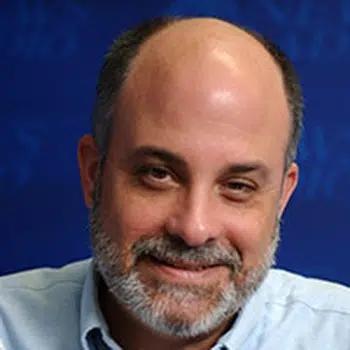By Brendan O’Brien
(Reuters) – Arizona was preparing for its first execution since 2014 on Wednesday, with an inmate convicted of killing a student scheduled to be put to death eight years after the state carried out its last lethal injection, described by lawyers as botched.
Clarence Wayne Dixon, convicted of fatally stabbing and strangling Arizona State University student Deana Bowdoin in 1978, was scheduled to die at 10 a.m. local time at the state prison in Florence, Arizona.
Dixon’s execution would mark the first time Arizona has carried out a death sentence since the 2014 execution of Joseph Wood. It took nearly two hours before the two-drug cocktail injection to kill Wood took effect, and witnesses said he snorted and gasped before he died. Corrections authorities said Wood was comatose and never in pain.
Afterwards, Arizona halted executions. In 2017, a federal judge accepted sweeping reforms of the state’s death penalty protocols, including an agreement to stop using certain drugs. The state said it would limit the authority of the director of the Department of Corrections to change drugs and allow a prisoner time to challenge any drug changes.
Several state governments and the U.S. federal government have struggled in recent years to obtain drugs used in lethal injection drugs, while legal and ethical questions swirl around capital punishment.
Dixon was sentenced to death in 2008, some 30 years after Bowdoin was killed. The case went unsolved until 2001, when investigators matched Dixon’s DNA with evidence found at the scene. At the time, Dixon was serving life in prison for a 1986 sexual assault.
Pinal County Superior Court Judge Robert Olson ruled last week that Dixon is mentally fit to be executed. Olson said Dixon has schizophrenia but had shown “sophistication, coherent and organized thinking” despite claiming he believed he was being executed for a sexual assault crime that occurred in 1985. That was a different incident than the 1986 sexual assault.
The United States Supreme Court has ruled that execution of mentally disabled people is unconstitutional.
(Reporting by Brendan O’Brien in Chicago; Editing by Leslie Adler)




